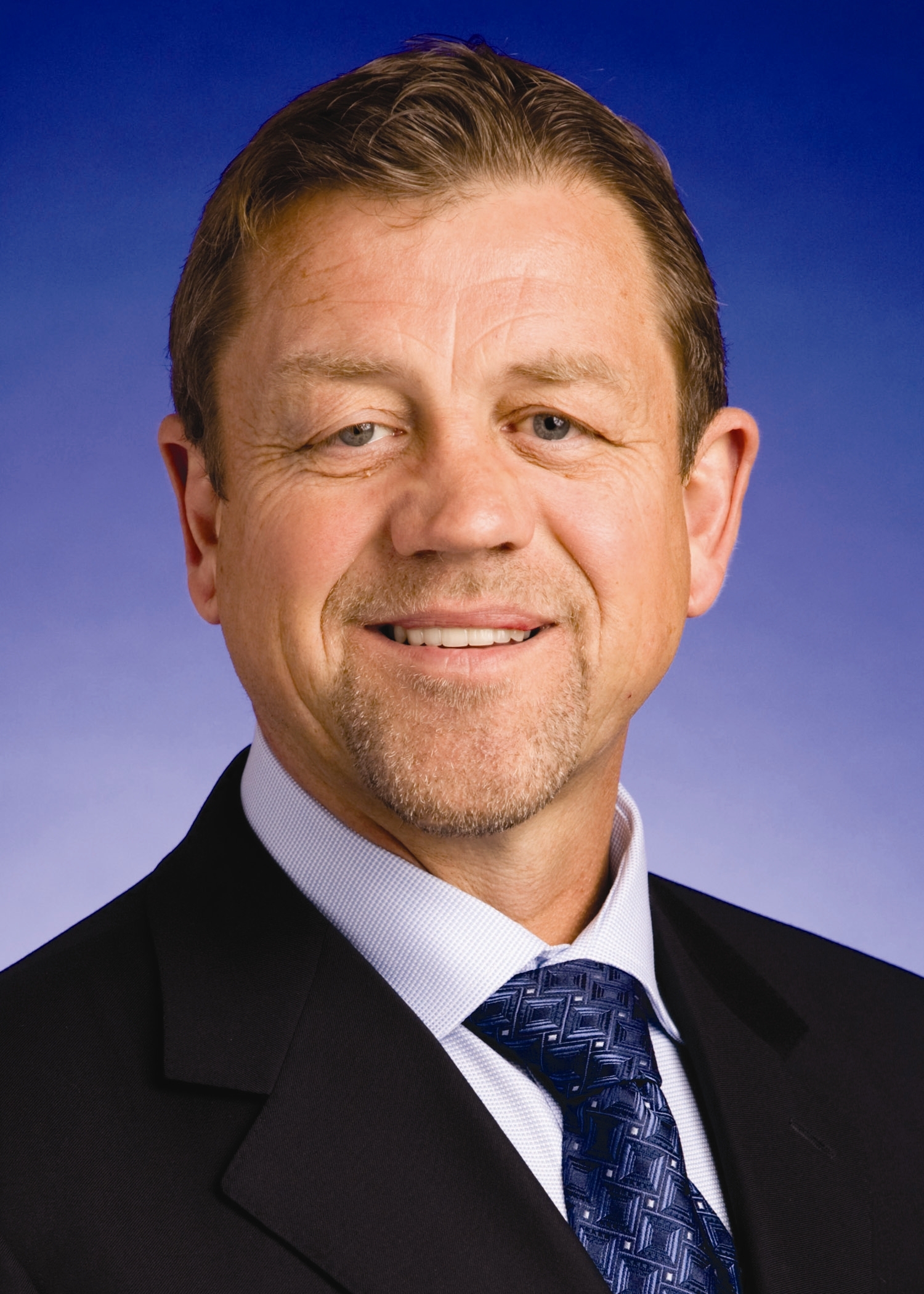
The incoming 2017 Law Society of British Columbia president Herman Van Ommen is hoping to further promote unbundling to the legal profession during his term in office.
 "They haven't picked it up. They haven’t really grasped the opportunities that exist because there is still some anxiety about unbundling,” he says. “The issue is not about changing our rules and policies, it is convincing the profession it is a good thing.”
"They haven't picked it up. They haven’t really grasped the opportunities that exist because there is still some anxiety about unbundling,” he says. “The issue is not about changing our rules and policies, it is convincing the profession it is a good thing.”
In 2008, the benchers approved 17 recommendations that would make it easier for lawyers to provide unbundled services to clients.
Some factions of the legal profession, such as family law practitioners belonging to Mediate BC, have embraced unbundling. Mediate BC offers an online tool kit on unbundling to help its members in the practice of family law.
“But unbundling can be used in every area of the law,” he says. "The key to it is being clear what the lawyer will do and what they will not do.”
During his term, Van Ommen is planning to talk more about how unbundling can increase sorely needed access to justice for the public. It can also be useful in outlying areas of B.C. where lawyers or clients may be dealing with travel challenges. The Canadian Bar Association of B.C. has also been actively promoting unbundling, he says.
Van Ommen, who assumes the mantle in January, says the current president, David Crossin, is also supporting more unbundling services and is preparing a letter aimed at encouraging lawyers in B.C. to participate in this practise.
The incoming president said that the LSBC has in place practitioner advisers who can provide lawyers with support and advice on how to carry out the service successfully.
The year 2017 will also see the new LSBC president further develop the progress made in regulating B.C. law firms. In November, Van Ommen took the interim report of the Law Firm Regulation Task Force that he headed in 2016 to the benchers.
“We would be registering the law firms, not licensing them,” he points out as the LSBC already licenses lawyers.
The LSBC's approach to regulating law firms, he says, will be proactive. There will be a focus on ensuring that law firms have the information they need as well as the help they need in resolving problems, he says.
But one of the main initiatives within the interim report (available on the LSBC website) sets out the elements of the professional infrastructure policies that law firms should have.
"We want to make sure that when lawyers work together that they are creating a professional firm that will develop a healthy culture and take responsibility for such things as accounting records, resolving conflicts, education, training of staff, confidentiality of client information and file maintenance,” he says.
The interim report includes sole practitioners, Van Ommen says, as these individuals still need to ensure that records, staff training and issues such as confidentiality are maintained or there is a means for resolving conflict. The sole practitioner category also includes groups, those individuals who practice individually but share office space and support services or group together with each lawyer having a preferred area of interest.
In 2016, task force members toured B.C. listening to concerns regarding regulation. During 2017, Van Ommen says, task force members will meet with focus groups, including sole practitioners and individuals who share space.
The other focus groups will consist of firms that have two to 10 lawyers, medium-sized firms with 11 to 25 individuals and large firms with more than 26 lawyers.The findings from the focus groups along with the interim report recommendations will all contribute to the final report, which Van Ommen is hoping to complete by the end of 2017 along with bencher approval for the recommendations. The regulations on registering as a law firm and what regulatory guidelines need to be in place will begin in 2018.
"We want to take a proactive approach. Once we decide to get more specific rules in place, there will be a period of time where we tell firms start developing your [in-house] policies and procedures and call us if we can help or if you want to know if this is good enough," he says. "It will take a year or so to implement these things. Even after that, if issues arise, we will be asking do they just need help to do things better with a policy or is it a problem with not willing or wanting to take this seriously,” he says.
Lawyers throughout B.C. will have the opportunity to talk with Van Ommen over the next year as he plans to spend more time connecting with the various regional bar associations.